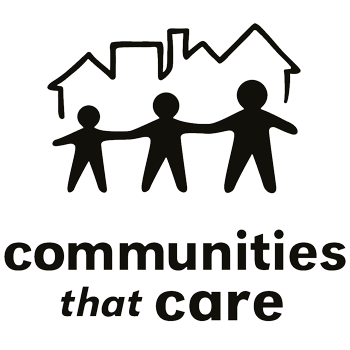Curiosity is an intense desire to know and to understand; the disposition to inquire, investigate, or seek after knowledge; the desire to gratify the mind with new information or objects of interest; inquisitiveness.
Young children are naturally curious and immediately begin to use their senses to explore the world. to a child, the world is full of infinite possibilities. Children’s ideas are without limits, judgments, and bias. They enjoy coloring trees purple and the sun green. They are constantly asking who, what, when, where, and why.
A Child Shows Curiosity When…
- She demonstrates interest in the environment and in people.
- He explores new materials.
- She asks questions.
- He identifies problems and seeks solutions.
- She exhibits persistence and determination.
A Curious Child Understands These Words…
- Cause and Effect
- Desire
- Discovery
- Experiment
- Explore
- Fear
- Imagination
- Inquire
- Interest
- Investigate
- Learn
- Mastery
- New
- Novel
- Novelty
- Pleasure
- Predict
- Question
- Safety
- Seek
- Senses
- Wonder
- World
Some people remain curious throughout their lives. Others lose their drive to know, possibly to perform well on tests and conform to social norms. Without curiosity, learners are more eager to be “right” and to please authority than they are to explore, question, and experiment. They lose their sense of wonder when they cease to exercise it.
Curiosity encourages exploration, questions, experimentation, and a sense of wonder. It solves problems, clarifies values, and strengthens relationships. The more we know, the more tools we have to understand our world and communicate with others.
What You Can Do to Boost a Child’s Curiosity Skills:
Talk about Curiosity
- Define curiosity
- Use the quote, “Curiosity killed the cat” as a stimulus for discussion.
- Create an “Investigator’s Corner” or an “Items of Interest” box.
- Read books about curiosity.
Model Curiosity
- Use “I wonder” statements.
- When you find something unusual, talk about it.
- When things make you curious, say so aloud, “I’m curious about why it is raining today.”
- Ask “what if” questions.
Practice Curiosity
- Allow children to explore and “fall in love” with their environment.
- Redefine failure.
- Reinforce cause-and-effect relationships.
- Read chapter books. Ask challenging questions.
Acknowledge Curiosity
- Help children learn more about their interests.
- Be interested in what children find interesting.
Reflect on Curiosity
- Ask children questions that encourage them to think about curiosity.
Bruce Perry (2001) says curiosity drives exploration and results in discovery. This cycle is the foundation of learning. Curiosity is the catalyst.
| Curiosity | Results in | Exploration |
| Exploration | Results in | Discovery |
| Discovery | Results in | Pleasure |
| Pleasure | Results in | Repetition |
| New Skills | Results in | Confidence |
| Confidence | Results in | Self-Esteem |
| Self-Esteem | Results in | Sense of Security |
| Security | Results in | More Exploration |
Perry, Bruce (2011) “Curiosity: The Fuel of Development.” Early Childhood Today, NY, Scholastic
Click here to view the PDF version.



